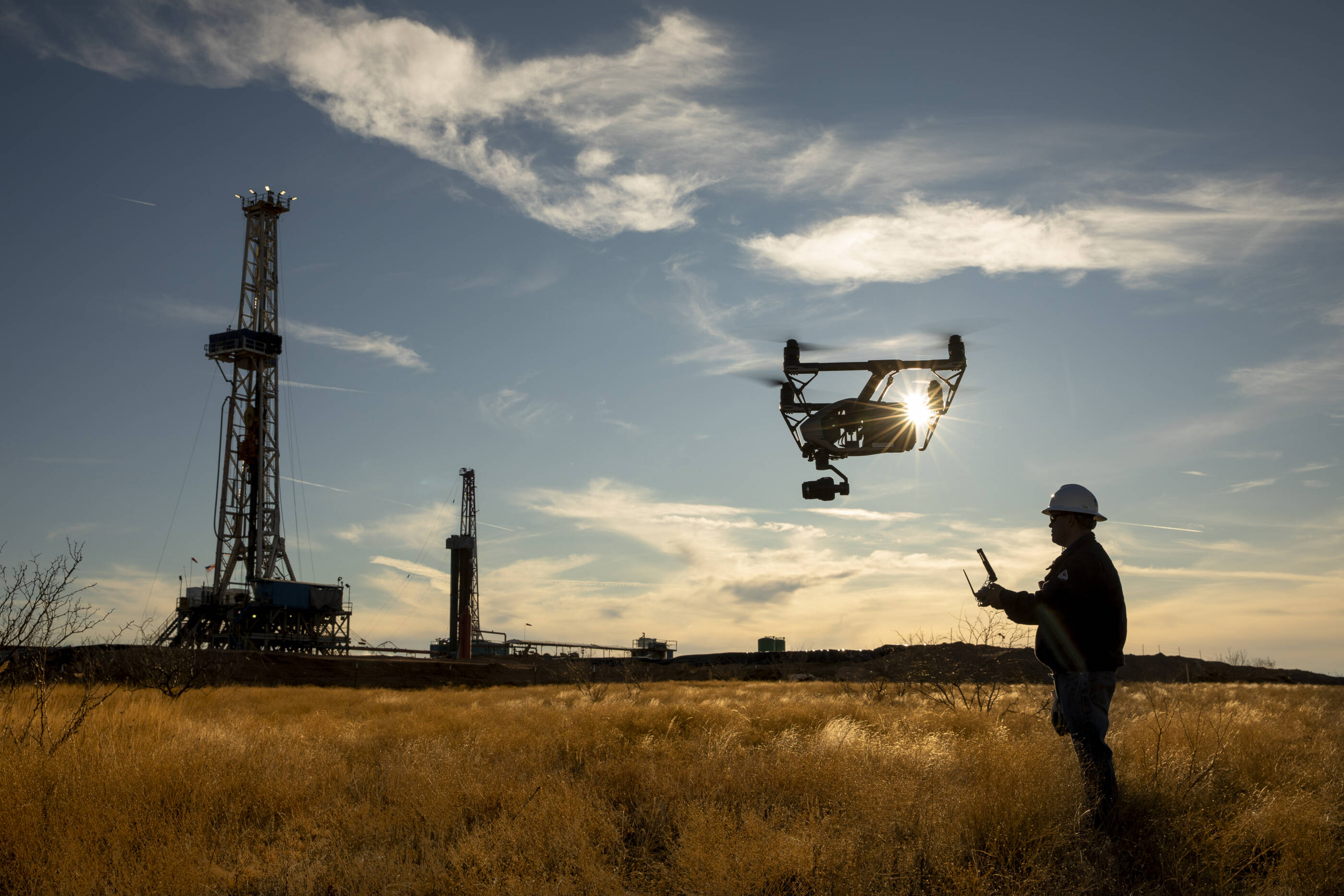Viewpoints Nov. 29, 2023
Tackling methane emissions
Viewpoints Nov. 29, 2023
selected item
In my 25 years with ExxonMobil, I haven’t encountered a single person who doesn’t think methane emission reductions are important.
We have the tools – the skills, the size, the intellectual and financial resources – to bend the curve on emissions. And we’re doing it – with significant investments to reduce emissions from our own operations and help others reduce theirs through our growing Low Carbon Solutions business.
Methane and OGMP 2.0
Recently, we made the decision to join the UN’s Oil and Gas Methane Partnership.
Known as OGMP 2.0, this program asks participating companies to measure, verify and report on their methane emissions. We’ve agreed to join because policy makers and companies need to work together on strong measurement, reporting and verification standards.
The evolving technical landscape and ongoing collaboration with the United Nations Environment Programme (UNEP) have opened the door for us to meet OGMP 2.0’s expectations across our global upstream operations.
This decision represents yet another important step in our commitment to reducing emissions.
Understanding the issue
Methane is an invisible, odorless gas that has a higher global warming potential than carbon dioxide – about 28 times more over a 100-year timeframe, and about 81 times more over a 20-year time period. That’s why reducing methane emissions can have a meaningful impact, especially in the short term.
Our ambitions
We’re serious about methane. In fact, we’ve been reporting methane emissions annually since 2014, and we participate in the Oil and Gas Climate Initiative’s Aiming for Zero Methane Initiative, the Methane Guiding Principles and The Environmental Partnership, among others.
We have some of the most aggressive methane emission-reduction plans in our industry. We’ve already cut our operated methane emissions in half since 2016, and we’re on track to:
- Reduce methane intensity versus 2016 across all operated assets 70-80% by 2030.
- Achieve net-zero greenhouse gas emissions (Scope 1 and 2) from our unconventional operated assets in the Permian Basin by 2030.
- Eliminate routine flaring across our global upstream assets by 2030, consistent with the World Bank Zero Flaring Initiative.

Leveraging technology
But it’s one thing to set goals. It’s another thing to execute them.
We continue to develop and deploy enhanced technologies to ensure rapid detection, mitigation and quantification of methane emissions at our operated assets.
From airplane surveys, ground-based monitors and high-altitude balloons, we’re using an array of leading-edge technology to help detect and curb methane emissions at our sites.
Collaboration is key
When it comes to reducing methane emissions, policy makers and industry are on the same team. We look forward to working with OGMP 2.0 staff and other companies on making real, tangible progress toward methane emission reductions.
As we reduce methane emissions in our own operations and develop and deploy new technologies to do so even more effectively, we hope all of our collaborations will help drive down methane emissions around the world.
Explore more

Methane emissions reduction and enabling technologies
Our commitment to reducing our methane emissionsClimate solutions Topic

Policy
Who we are Topic
.jpg)
Tracking methane from above
ExxonMobil is setting out to change how the industry tracks, and fixes, methane leaks.Methane Perspective • July 29, 2021
.jpg)
Methane: Developing new technologies for regulatory compliance
ExxonMobil is the first company to file an application with the U.S. Environmental Protection Agency (EPA) to use new technologies to detect methane emissions at oil and natural gas sites.Methane Perspective • April 8, 2021
.jpg)
ExxonMobil urges action on methane emission regulations
ExxonMobil has long advocated for federal methane regulations as the most effective way to reduce methane emissions at scale, and we are pleased that President Biden has prioritized reducing methane emissions as part of his administration’s plan to achieve the goals of the Paris Agreement – which we support.Methane Perspective • Jan. 28, 2021
